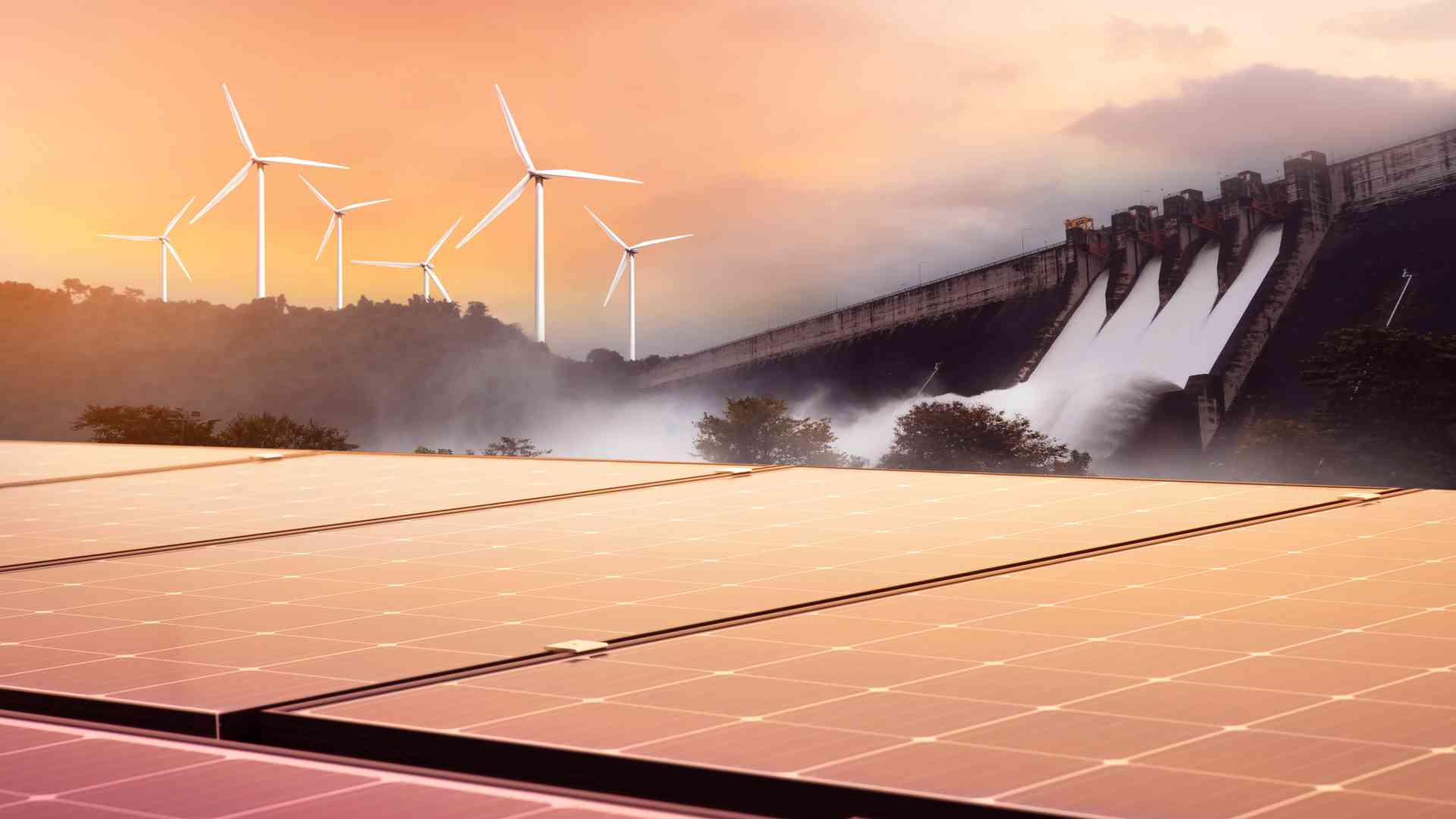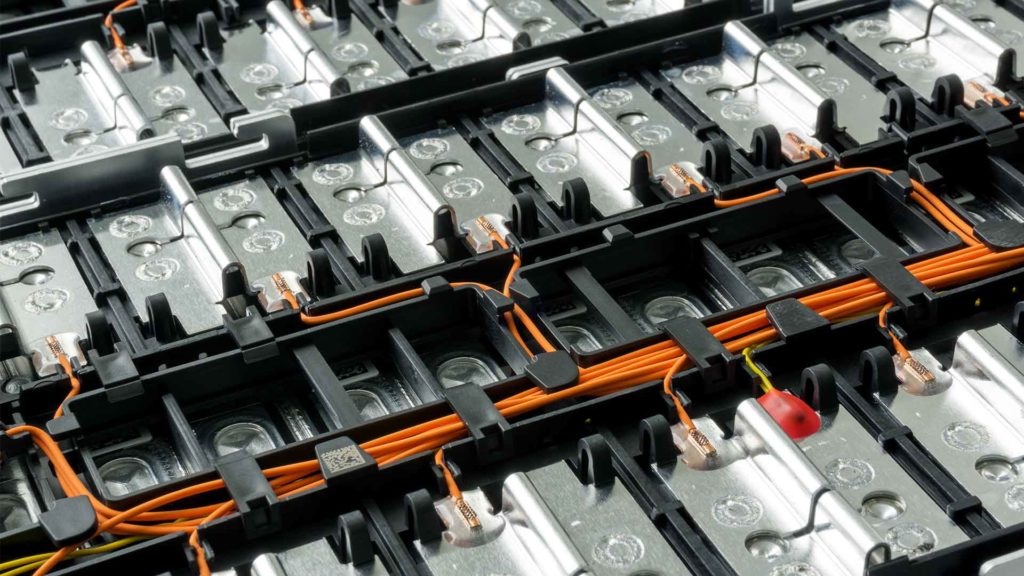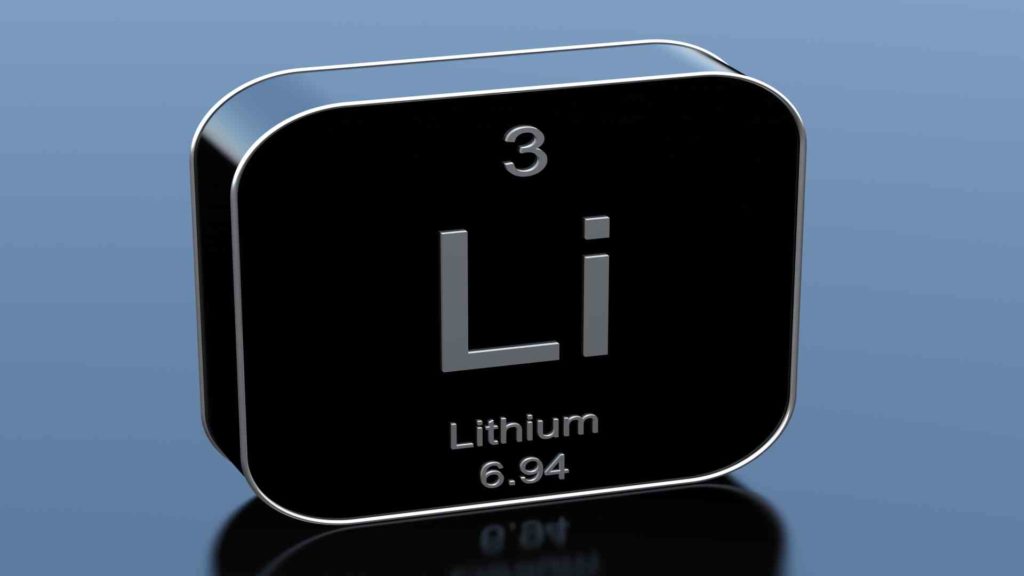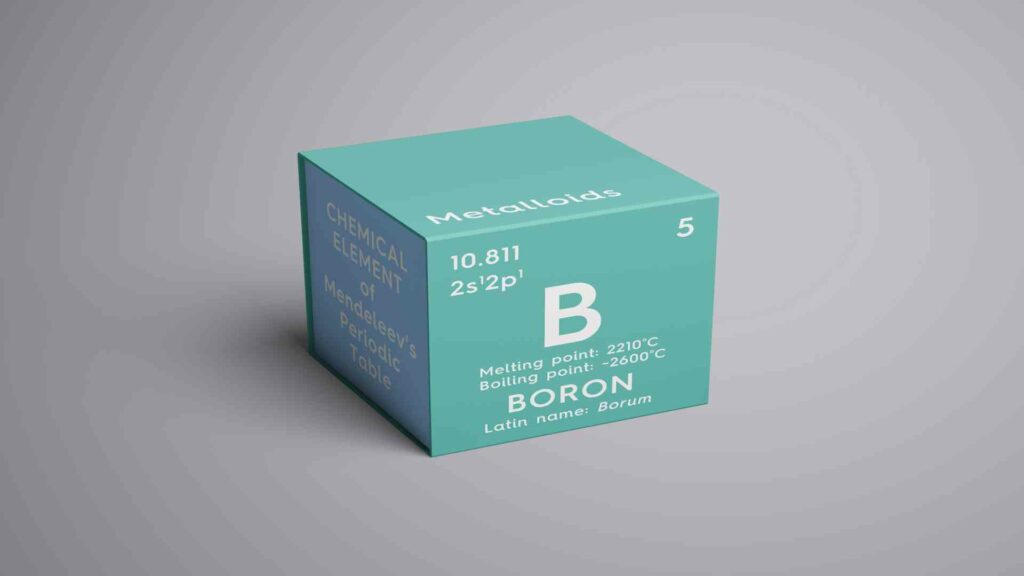Renewable Energy Transition
Today, we will look at renewable energy transition and a switch from carbon to metals. Renewable energy is an essential tool in the fight against climate change. It can help us reduce our dependence on fossil fuels and emits far fewer greenhouse gases than traditional energy sources. One key element of this energy transition is the switch from carbon-based materials to metals.

Renewable energy
Metals are essential to many renewable energy technologies, including solar panels, wind turbines, and batteries. The shift from carbon to metals presents a significant opportunity for metal producers. The demand for metals such as copper, aluminum, boron, and lithium will increase dramatically in the coming years.
However, the metal industry faces some challenges in meeting this growing demand. One challenge is the limited availability of certain metals, and another challenge is the high cost of extracting and processing the metals. The metal industry is working to address these challenges and capitalize on the opportunity presented by the renewable energy transition.
By investing in new technologies and improving existing ones, the industry can ensure a bright future for itself and the planet. So, what is the future of the transition to low-carbon technologies?
As the world wakes up to the reality of climate change, the metals and mining industry is experiencing a boom. The increased awareness of the need to transition its low-carbon technologies is driving this growth. For example, an electric car requires boron and lithium for efficient and long-lasting batteries.
Both wind and solar power plants need copper and boron to construct power lines and other electrical infrastructure. This is causing a surge in metal extraction and processing.
Second, there’s a growing realization that traditional sources of metals and minerals are not sustainable. For example, copper mines are becoming increasingly depleted, and there’s a need to find new sources of this critical metal.
Third, metals and mining companies benefit from the fact that many investors are looking for ways to profit from the transition to a low-carbon economy. These companies are seen as well-positioned to take advantage of the growing demand for clean energy technologies.
Copper is an essential component of soda power generation, and its demand will likely rise in the coming years as the world shifts to renewable energy. Although solar panels are manufactured as silicon, the supporting structures are steel and aluminum.
Copper is also widely used in wiring and thin films, CIGS, that restrict ultra-violet transmission. On the other hand, boron is used for anti-reflective coatings and increasing the efficiency of solar panels.
Wind turbines are classified into two types geared turbines, which use gears to turn the turbine’s low rotation speed to a significantly higher speed, and direct drive turbines, which utilize a low-speed generator. In the generator, both good and direct drive turbines utilized copper wiring. However, direct-drive turbines also use permanent magnets made of rare metals. Traditionally, these magnets have been made from rare earth metals, such as neodymium and dysprosium. However, due to rarity and cost, there’s been a push to find alternative materials.
One promising alternative is boron. It enhances the reliability and efficiency of these valuable materials. It also works as an alloying agent to create superior maintenance. Permanent magnets are corrosion and heat-resistant, and they generate intense magnetic fields. Furthermore, heated boron forms a protected oxide layer on the metal surface, which aids in corrosion resistance.
Electric car manufacturers strive to advance battery technology to make electric propulsion a viable alternative to internal combustion engines. As of today, five countries have decided to completely process out internal combustion vehicles by 2025 to 40, while 10 others have agreed on sales goals for electric cars.
Most major automakers are already producing or planning to build all-electric vehicles. However, one of the most significant challenges for electric vehicles is the time required for charging batteries. Currently, this makes electric vehicles unsuitable for long-distance travel.
Manufacturers are improving battery technology to reduce charging times and enable long-distance travel. Lithium-ion batteries, which are much more efficient than traditional lead acid batteries and can be recharged much faster, is an example of such advancement.
According to the world bank, achieving the Paris Climate Change Agreement objectives will increase lithium, and other battery metals demand by more than a thousand percent.
Manufacturing a highly crystalline graphic structure is one of the most difficult challenges in strengthening lithium-ion batteries. However, incorporating boron into the graphite crystalline structure at higher temperatures enhances crystallinity and electrochemical properties.
In conclusion, developing a cleaner and greener economy necessitates using essential minerals, but simply replacing carbon with metals and other minerals is insufficient. Energy consumption must look for new metal mining suppliers, and renewable energy generation must be based entirely on recycling and reuse.
And that’s all from Borates Today. For more information on topics related to boron and borates, don’t forget to check out our website borates.today, and our YouTube channel and podcasts.
Thanks for listening.





